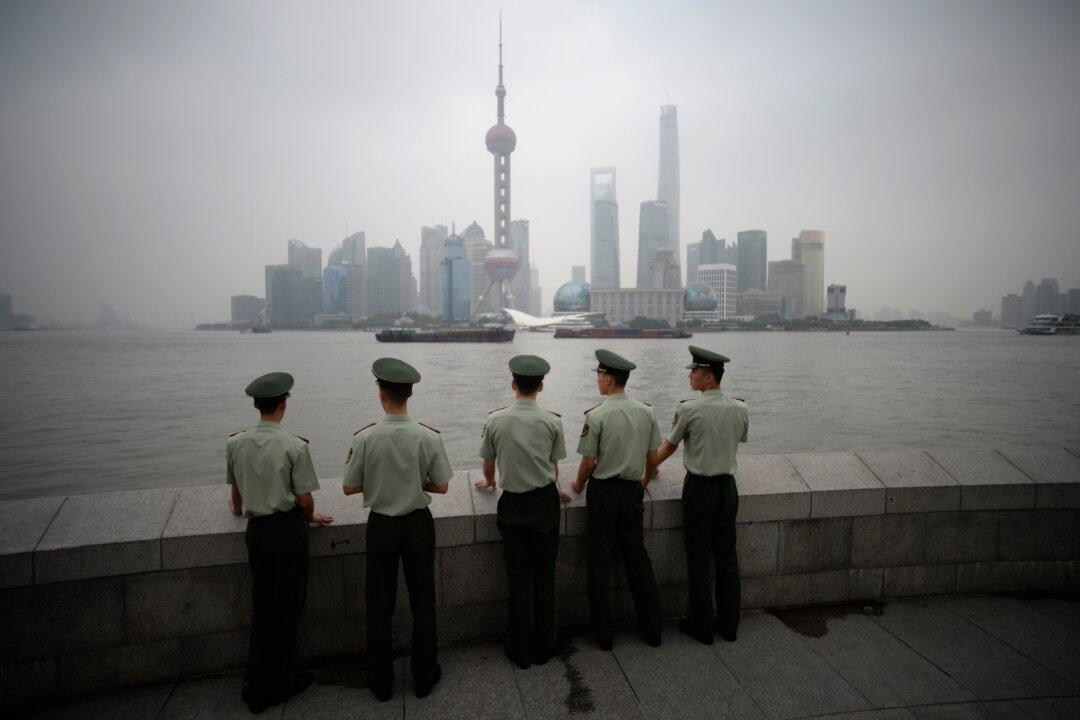Hoping to control what the state-run media Xinhua calls “a landslide of systemic corruption,” municipal authorities in Shanghai have released new legislation to limit commercial activity among spouses and children of powerful officials.
The regulations came into effect on May 1 and applies to officials at or above the bureau level in the government and Communist Party.
According to the new measures, the spouses of the involved officials are barred from ownership, partnering, or investment in any business. Officials’ children may not conduct business in the regions where their parents have jurisdiction, nor are they allowed involvement in state-run firms. Officials must file annual reports detailing the activities of their spouses and children.
One fifth of Shanghai’s municipal officials will be subject to random spot-checks, Xinhua reported.
Nepotism is a longstanding problem among Chinese regime elites. As recently-crafted Chinese saying goes, “one man becomes an official, and the whole family gets rich.”




